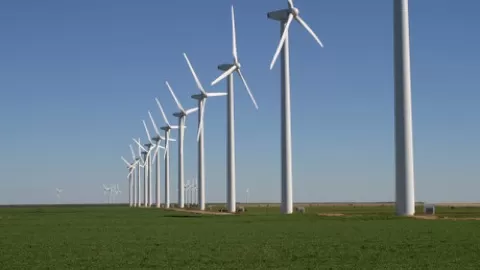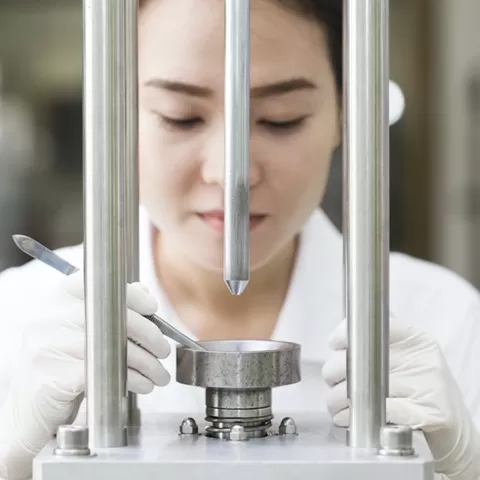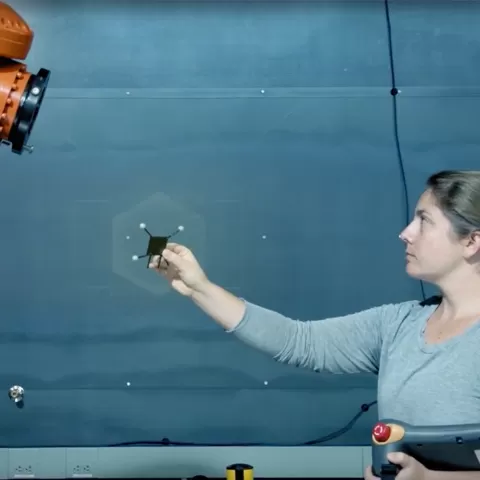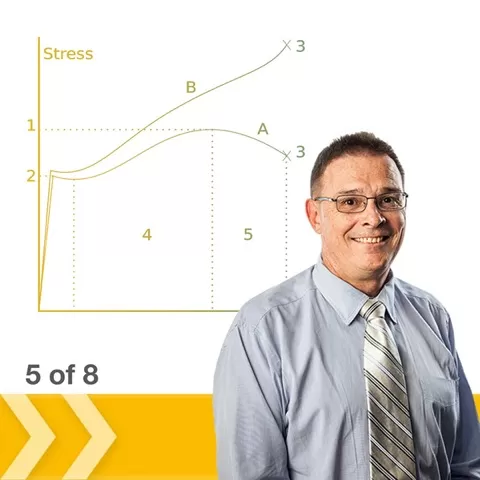Access to most course materials is FREE in audit mode on Coursera. If you wish to earn a certificate and access graded assignments, you must purchase the certificate experience during or after your audit.
If the course does not offer the audit option, you can still take a free 7-day trial.
Prof Robert Akid has created 1 courses that got 219 reviews which are generally positive. Prof Robert Akid has taught 9,122 students and received a 4.51 average review out of 219 reviews. Depending on the information available, we think that Prof Robert Akid is an instructor that you can trust.
Professor Robert Akid is Emeritus Professor in Corrosion & Materials. He is a Chartered Engineer and Fellow of the Institute of Materials, Minerals & Mining (IOM3). Prof. Akid’s principal research activities include the evaluation of localised corrosion in metals/alloys and its implications in the early stages of corrosion and environment-assisted cracking including corrosion fatigue, stress corrosion cracking and hydrogen embrittlement in which he has over 30 years’ experience. Since 1993 he has worked on comparing conventional methods of assessing corrosion damage with that of the new electrochemical scanning probe (ESP) techniques. He established an EPSRC funded UK-based ESP Network to initiate University-Industry collaborative studies of localised corrosion of steels, Al alloys and welded systems using these techniques. Recent research council awards include (with Smith*) two Medical Research Council grants, a Discipline Hopping Award, assessing (a) encapsulation of antibiotics in sol-gel coatings and (b) potential of enzyme encapsulated sol-gel coatings as biosensors; EPSRC and EPSRC Follow-on fund grants related to the “Development of a functional sol-gel coating system via encapsulation of microorganisms”. More recently as a Royal Academy of Engineering (RAEng)/BP Professor, he completed multi-million dollar projects on oilfield corrosion issues. He is a past RAEng Senior Research Fellow and Yorkshire Enterprise Fellow. Prof Akid has published some 100+ scientific papers covering the above research areas and more recently has published and successfully patented in the area of sol-gel coatings. He is widely connected with industry and has produced over 60 industrial research and expert witness reports. He is a past Technical Editor of the Institute of Corrosion’s bimonthly publication, Corrosion Management, a member of the EPSRC college panel and an Editorial Board member of two International Journals. *Professor Thomas Smith, Sheffield Hallam University




